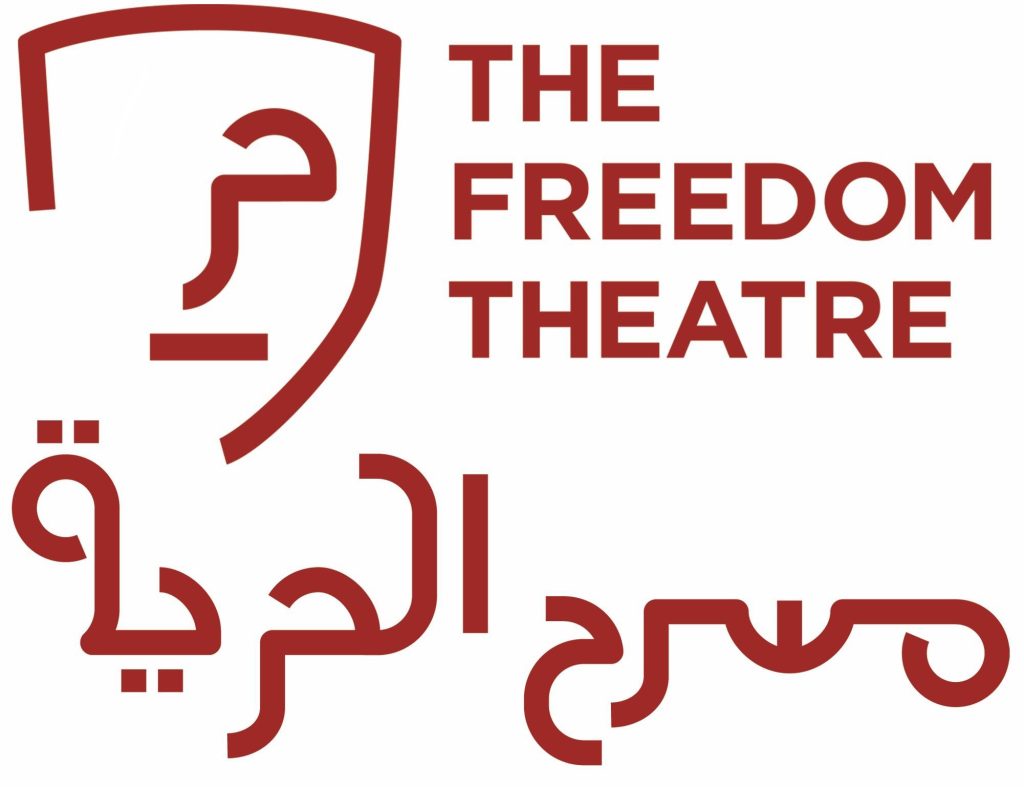OVERVIEW: A YEAR OF TRAGEDY AND RESILIENCE
The 2011 Annual Report from The Freedom Theatre (TFT) is an extraordinary document of cultural resistance under siege. It chronicles a year of profound loss—the assassination of Juliano Mer Khamis, visionary co-founder and Artistic Director—alongside the continuation of creative defiance through theatre, multimedia, and education in the heart of Jenin Refugee Camp.
Despite intensified military harassment, arrests, and fear, the theatre’s survival and expansion in 2011 stand as an act of radical continuity. The report frames cultural work not as a supplement to the Palestinian struggle, but as integral to it; what Juliano described as carrying “the cultural gun” and joining, not healing, the resistance.
POLITICAL AND PHILOSOPHICAL FRAMING: CULTURE AS RESISTANCE
The ideological anchor of the report is unmistakably political, with culture explicitly described as a form of resistance against Israeli apartheid, colonization, and occupation. This is not the language of neutrality or depoliticized humanitarianism. Juliano’s bold statement “We are not social workers… We are freedom fighters” disavows Western philanthropic narratives and affirms TFT’s role as a site of liberation praxis, not just artistic practice.
This framing is sustained throughout:
- The theatre is “not an alternative to resistance, just the opposite.”
- Artistic expression is “an integrated part” of the Palestinian struggle.
- Projects are designed to empower marginalized groups, particularly women and youth, to reclaim narrative space and agency.
The theatre does not shy from addressing gender oppression within Palestinian society either. It insists on inclusive liberation, increasing the participation of girls and women while working toward gender equity in representation, staffing, and programming.
JULIANO’S LEGACY: PERSONAL LOSS, COLLECTIVE PROMISE
The emotional heart of the report is Juliano’s legacy. His photograph and uncompromising quote at the opening set the ideological tone: uncompromising, radical, deeply personal. The staff statement reaffirms a continuation, not closure; “Juliano’s children are going to stay” reads one tribute, highlighting how his former students embody the revolutionary legacy.
This sense of intergenerational cultural struggle is central. Arna, Juliano, and the new generation of artists are positioned in a shared lineage of cultural defiance. Juliano’s murder is mourned not just personally but politically, his assassination is framed as an attack on the revolutionary spirit of the theatre itself.
KEY PROGRAMS AND ACHIEVEMENTS (2011)
In spite of unimaginable obstacles, the report documents significant achievements:
- Theatre and Acting School
- 33 performances, including Alice in Wonderland, Sho Kman, and While Waiting (Beckett-inspired), with over 12,000 audience members.
- TFT’s first cohort of Acting School graduates, several of whom became trainers or joined staff.
- International tours in Europe and the U.S. widened visibility and built networks.
- Community Outreach
- Playback Theatre, Drama for Conflict Transformation, and Trauma Response sessions drew 80 participants.
- Psychodrama and drama therapy were introduced to social workers and mental health professionals.
- Drama with female prisoners marked a bold step into underrepresented narratives.
- Multimedia Programme
- Courses in filmmaking, photography, and creative writing enabled youth, especially young women, to articulate their lives through visual and narrative language.
- The publication of Captured, a photography book, highlighted the power of image in Palestinian storytelling.
- Dabke and Cultural Heritage
- Dance was reimagined as both tradition and expression, blending folklore with drama to reclaim Palestinian cultural space.
CRITICAL VOICES: TESTIMONIALS AND PLAYBACK THEATRE
The inclusion of first-person reflections and excerpts from playback performances (e.g., Loai Tafesh’s story of psychological torture and false family death claims) reveals the emotional, social, and political stakes of the work.
These testimonies:
- Serve as archives of trauma and resistance, told by those living under occupation.
- Reaffirm the belief that telling the story is a non-negotiable element of human dignity, echoing Ben Rivers’ reflections.
The Playback Theatre moment described in “Midnight Raid” is not mere performance; it’s political witnessing and communal healing, a ritual of reclamation in the face of erasure.
STRUCTURE, GOVERNANCE, AND SUPPORT
TFT demonstrates remarkable organizational resilience:
- Expanded partnerships locally (with Palestinian institutions) and internationally (e.g., Yale, UNESCO, SIDA).
- Over 5000 guests and delegations visited in 2011; parliamentarians, artists, students—making TFT a hub of global solidarity.
- A diverse staff and volunteer body supported a wide portfolio of activities across theatre, education, and multimedia.
The report lists Friends associations in five countries and names prominent Board and Honorary Board members (e.g., Judith Butler, Noam Chomsky), reflecting international endorsement and ideological alignment.
LOOKING AHEAD: 2012 AND BEYOND
Future projects aim to:
- Launch the Freedom Bus, linking theatre to oral history and site-specific resistance.
- Expand Street Theatre across West Bank cities and into Europe.
- Introduce stand-up comedy, increasing creative modalities.
- Relaunch the Voices youth magazine and establish a local news bulletin.
These initiatives show a shift from survival to strategic growth, with performance, pedagogy, and production expanding beyond the walls of the theatre.
CONCLUSION: THE REVOLUTION MUST GO ON
The 2011 Annual Report is not just documentation, it is a manifesto of cultural resistance. It affirms that The Freedom Theatre is not simply a theatre in a refugee camp; it is a cultural front in a national liberation movement. The loss of Juliano is not the end, it is a tragic turning point that renews commitment.
As the closing line insists:
“The Revolution must go on.”

